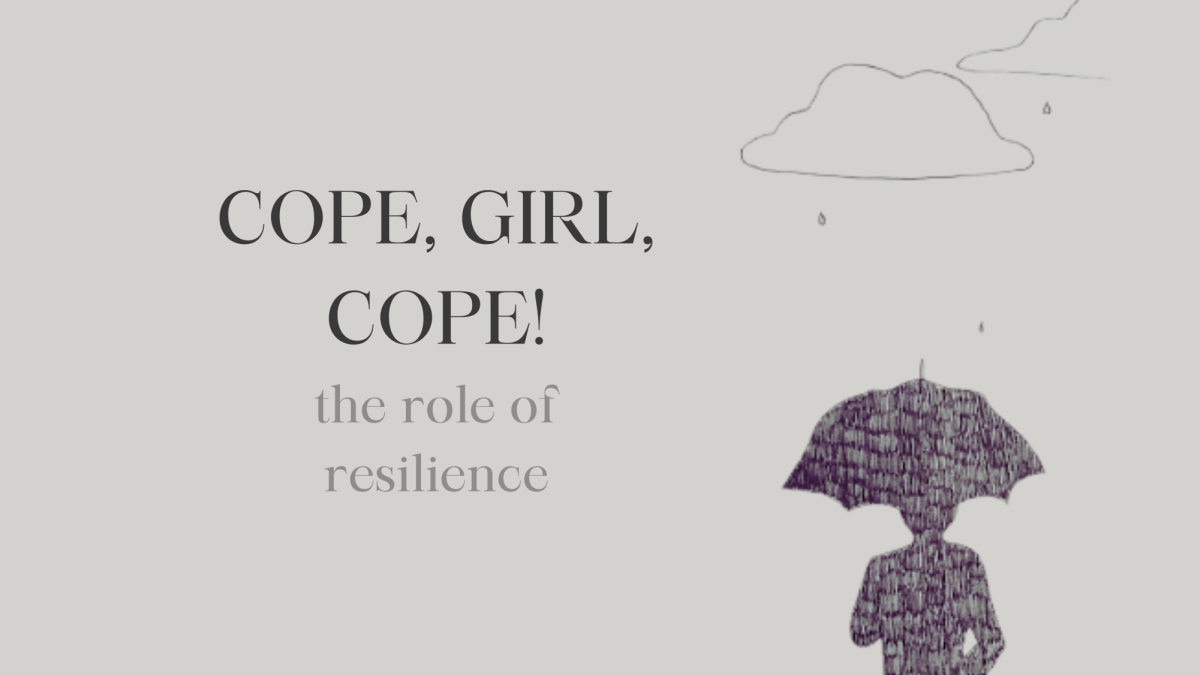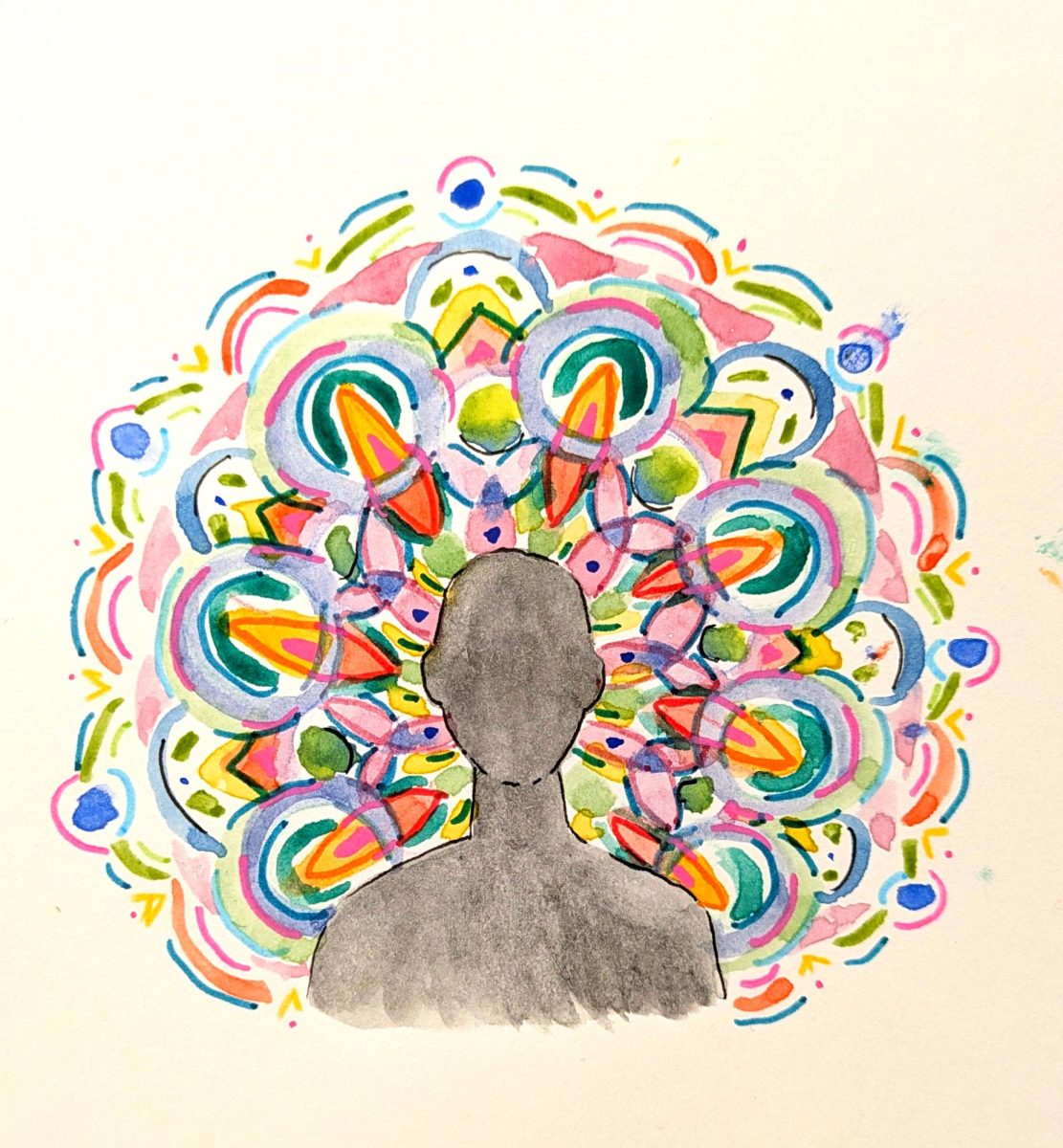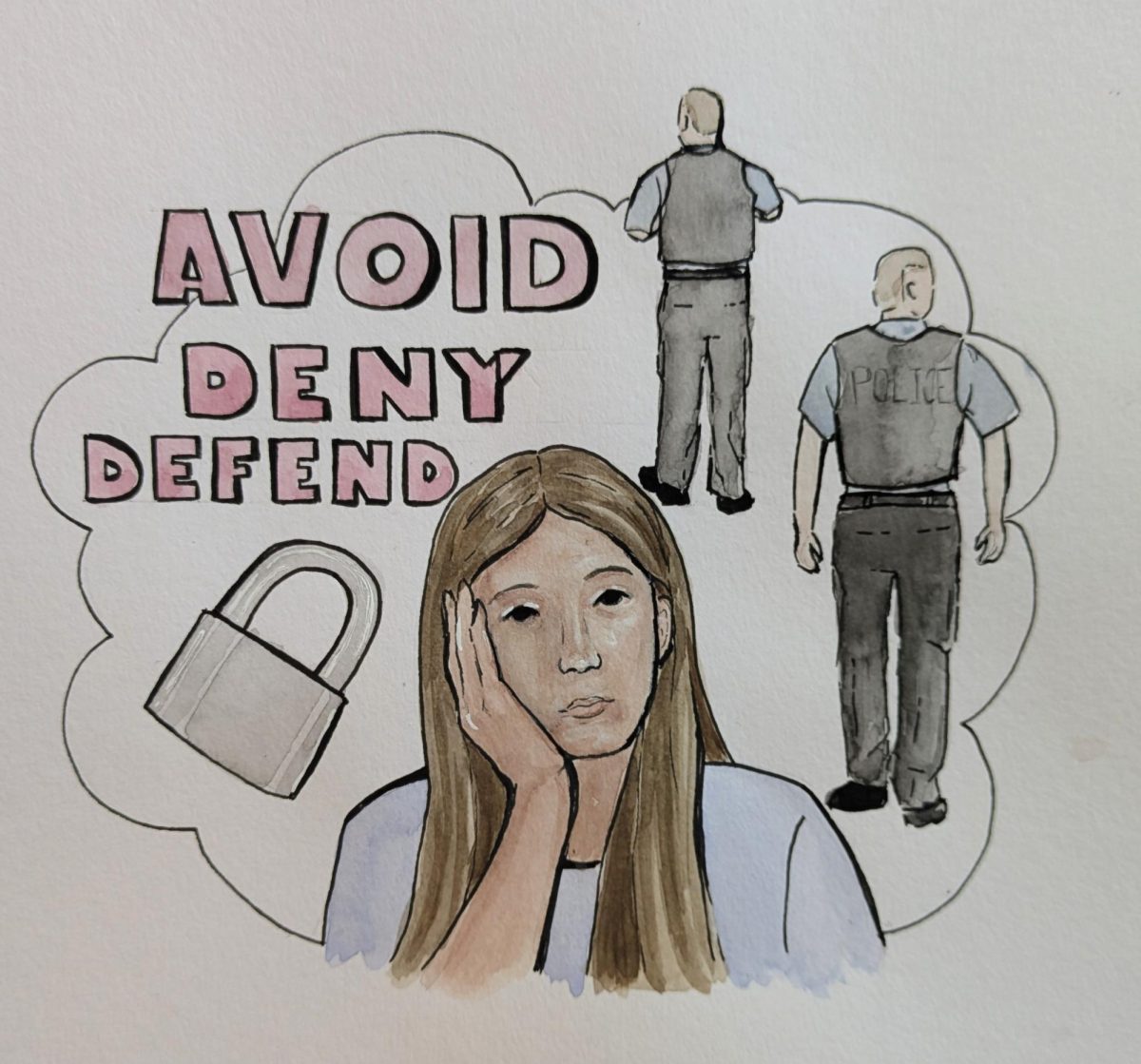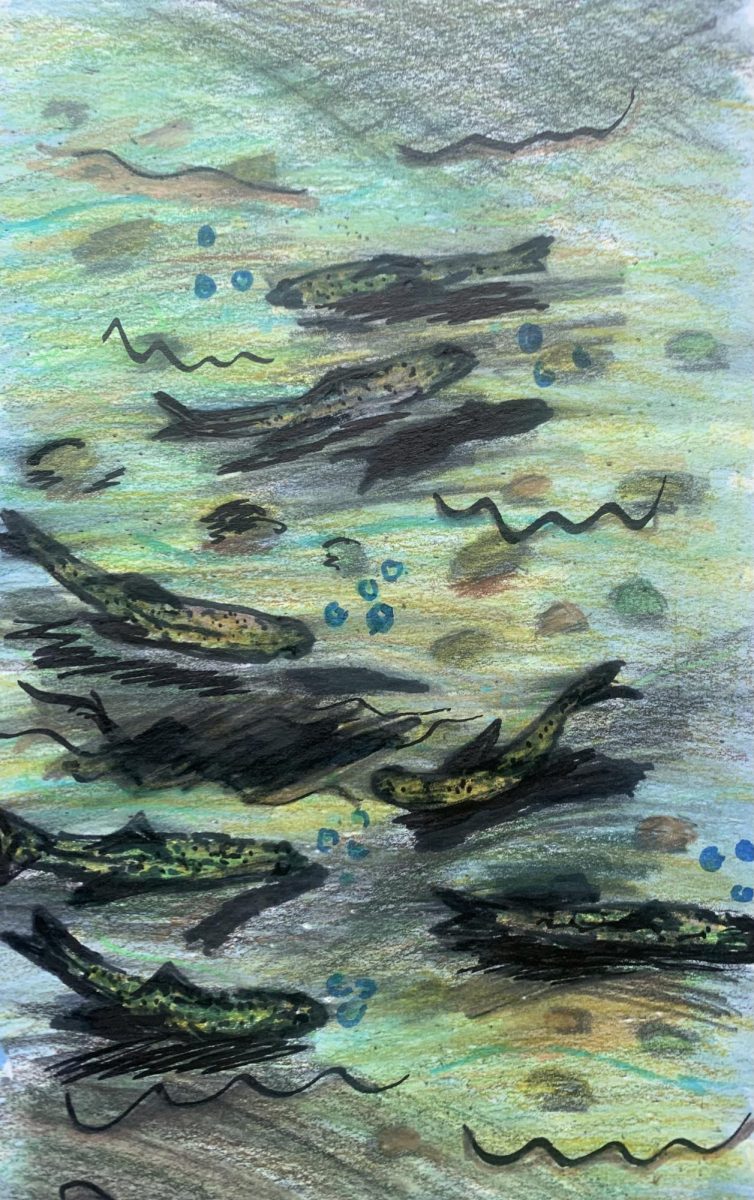This was previously published in our February 2024 issue.
“Carina, I know you’re the youngest of any of us that has to deal with this. But think — you’ll be the strongest, the most resilient when it’s done.”
This was what my older brother told me during a late-night sibling debrief over winter break, when the issues my family were facing first began, or rather, were magnified.
Resilience. Resilience was not something that I had been concerned about. In truth, I typically have trouble in the best situations imagining the future. When in the eye of the storm? Forget it. I don’t even know the definition of the word “resilience.”
When things are bad, that’s all you can see. I found myself on numerous occasions just thinking that nothing would ever be good again, that I wouldn’t be able to laugh, to smile, without feeling an underlying feeling of hopelessness.
If anything, at that moment, I felt resentment. Why should I have to be resilient?
I was so overwhelmed by the prospect of having to handle each coming day that the sadness, the pain, the resentment: they all began to fester. I either shut people out or became dependent on them. I kept secrets. I became argumentative and confrontational. I only saw the worst in everyone and everything.
I am certainly not the only person that’s done this. When going through emotional stress, we tend to shut down in one way or another. It’s inevitable.
However, that doesn’t mean that we have to stay this way; even if we can’t leave that situation, or have to “learn to live with it,” we will get stronger. We will withstand, and once the initial wave of hurt passes, we will feel the joy alongside the sad.
Resilience can be hard to grasp. On numerous occasions, I have brushed it off, or cringed when hearing lyrics like “what doesn’t kill you makes you stronger.” When it seems like all advice others are giving you is derived from clichés, it’s appealing to just ignore it — but clichés are derived from truth, and they’re not without value.
Your life may look dark. It may seem as if you have no options left, and like the frustration or resentment you feel is inescapable and everlasting. I promise you this: it’s not. While it may hurt for a while, you will leave more resilient. You will laugh again, and your smiles will not be forced.
Some struggles never truly end. In our lives, we will never really be able to outrun the bad times that will inevitably come. However, just like they are destined to come, they are destined to go; even if they don’t end, we are able to take a step back, reassess, and cope. In this way, we don’t escape our troubles — we overcome them.
I am reluctant to say this, but I’ll admit it: my brother was right. While I’m not exactly grateful to experience adversity like this, and while I would jump at the chance for it to just, well, end, I’ve already felt it; I’m getting stronger, and I’m becoming more resilient than before. I know that the next time something arises, I will be familiar with the feeling, better than ever at addressing it, and I will not let it affect me as much as it did the first time.
It isn’t a matter of outrunning the storm; it’s a matter of walking right through it, knowing you won’t leave it the same way you entered, and knowing, whether you like it or not, you’re leaving more resilient than before. Besides, once you’ve been through one storm, how bad can the next one be? In the end, it’s just a little more rain.









